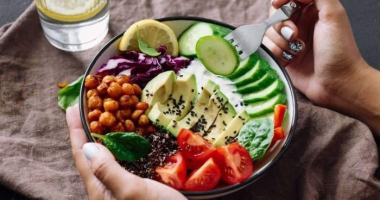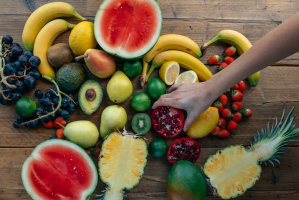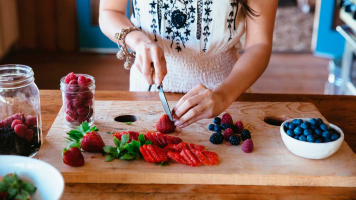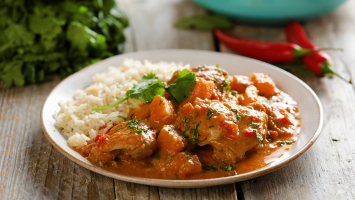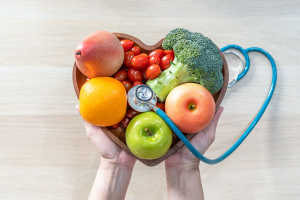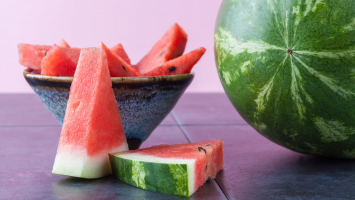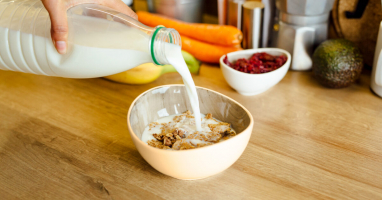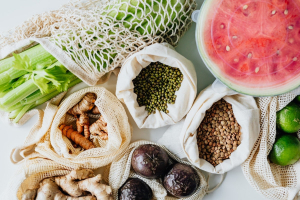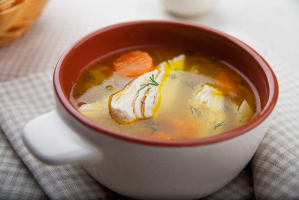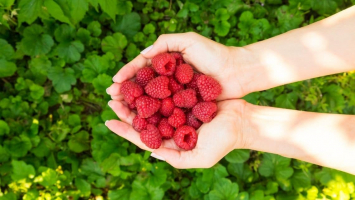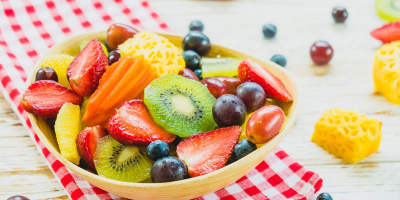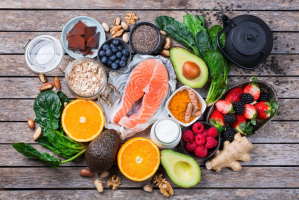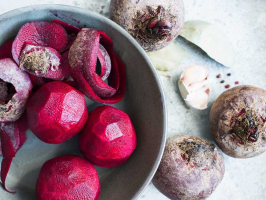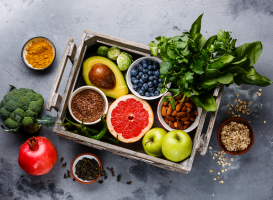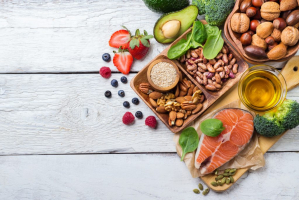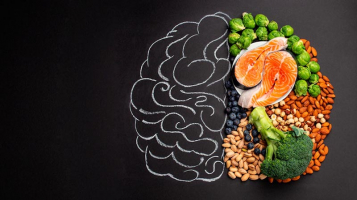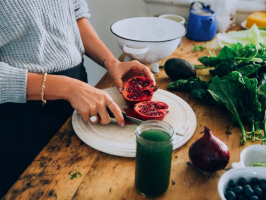Top 10 Best Foods to Eat During Pregnancy
Baby eats what you eat, and for the healthy growth of all those little organs, a baby requires a variety of nutrients. So that you can be sure you're making ... read more...those extra calories count, below is a list of some of the best pregnant superfoods you can refer to add to your daily diet!
-
Don't be afraid of fish, despite what you may have heard about avoiding eating too much fish while pregnant due to mercury levels. The advantages of omega-3s much exceed the dangers of seafood's mercury levels. Docosahexaenoic acid (DHA), in particular, is an omega-3 fatty acid that is crucial for a baby's brain development.
Iodine and selenium are only a couple of the additional minerals found in fish and seafood. According to research, the greatest sources of DHA include fish like salmon, canned light tuna, and anchovies. These foods are all safe to eat while pregnant and are advised to be consumed 2-3 times per week. This amounts to around 8 to 12 ounces each week. Avoid king mackerel, tilefish, swordfish, and shark because they contain greater levels of mercury. Because fresh salmon is expensive, try including canned salmon into your diet is a great idea.
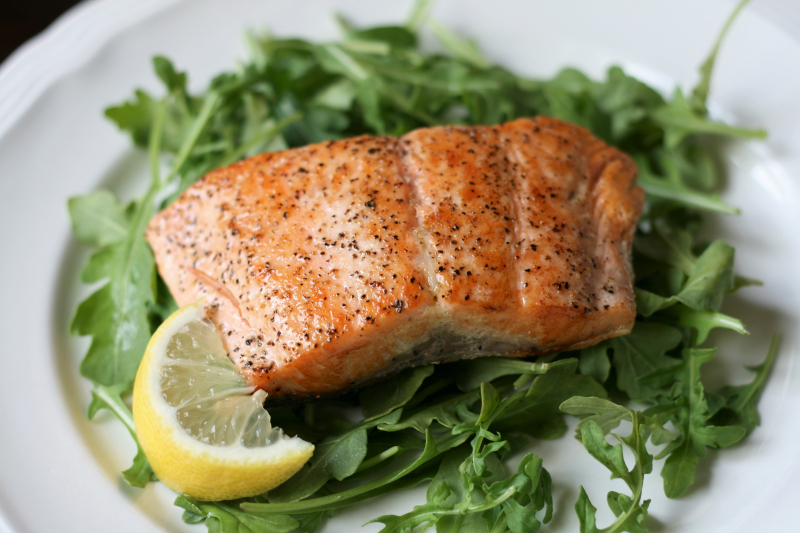
Salmon 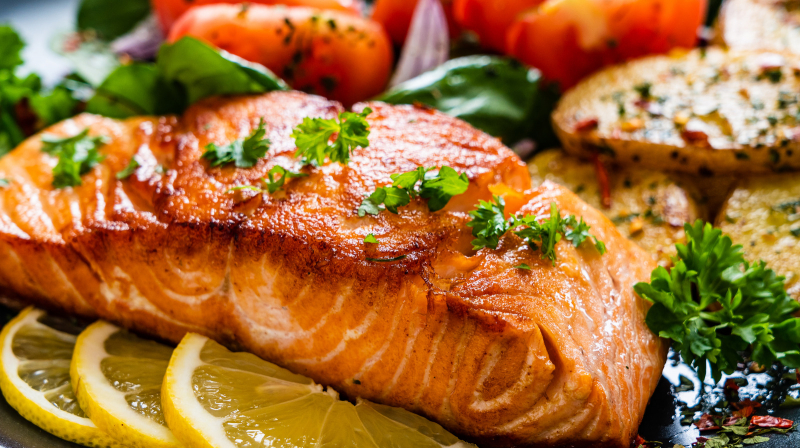
Salmon -
Compared to other vegetables, asparagus has a significant amount of folate. The nutrient folate is essential for preventing neural tube defects. Additionally, two cups of asparagus provide 20% of your recommended daily intake of iron. Iron helps in the blood and oxygen supply to your child's development. These delicious green stalks are a great source of vitamin K and folic acid, both of which help to protect the developing fetus from birth defects. Along with calcium and fiber, asparagus also contains significant amounts of vitamins B9, C, and A.
But asparagus needs to be well cleaned and cooked before eating in order to kill the potentially hazardous microbes it may have while it is raw. Asparagus should not be consumed if you have allergies to onion, leeks, garlic, or chives as they are all members of the same family. The simplest and best way to eat asparagus is with a squeeze of lemon, a dash of olive oil, and a sprinkle of salt.
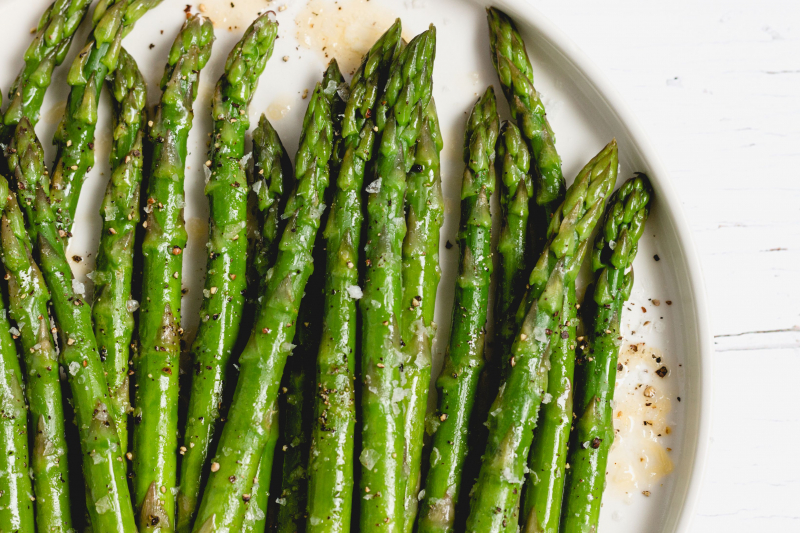
Asparagus 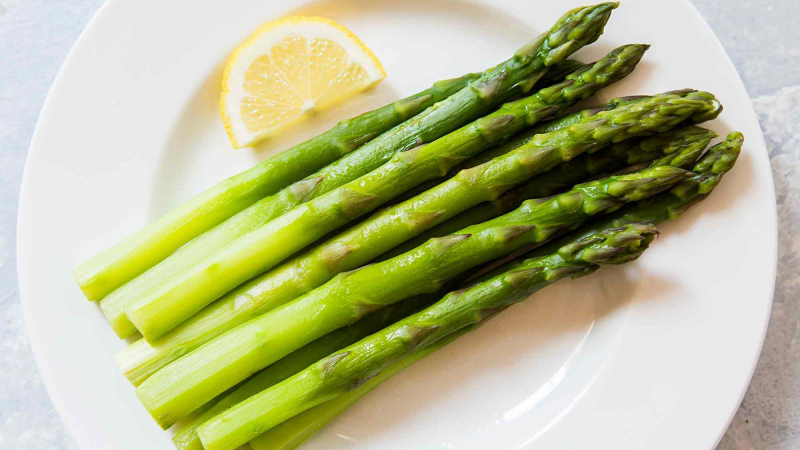
Asparagus -
One of the best sources of choline is eggs. Choline and folate have been compared because they both play crucial roles in the development of the brain.
In addition to being a good source of protein and all 9 necessary amino acids, eggs also include a variety of vitamins and minerals, including folate, B12, vitamins A, E, and D, and iodine and selenium. According to one 2018 research, babies whose mothers took double the recommended quantity of choline in the third trimester had better information processing speeds than babies whose mothers had the appropriate amount of choline each day. Plus, eggs are quick and easy to eat both with the usual scrambled or hard-boiled eggs.
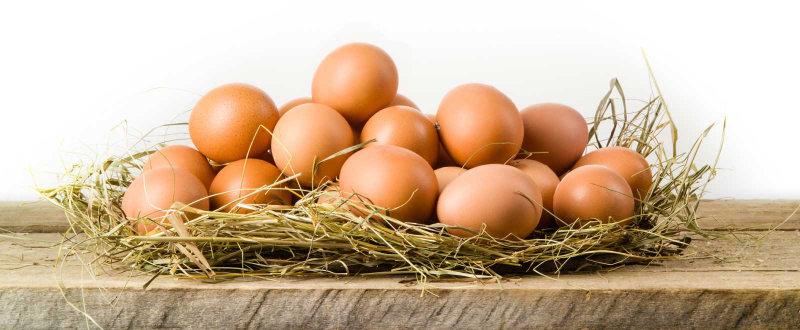
Eggs 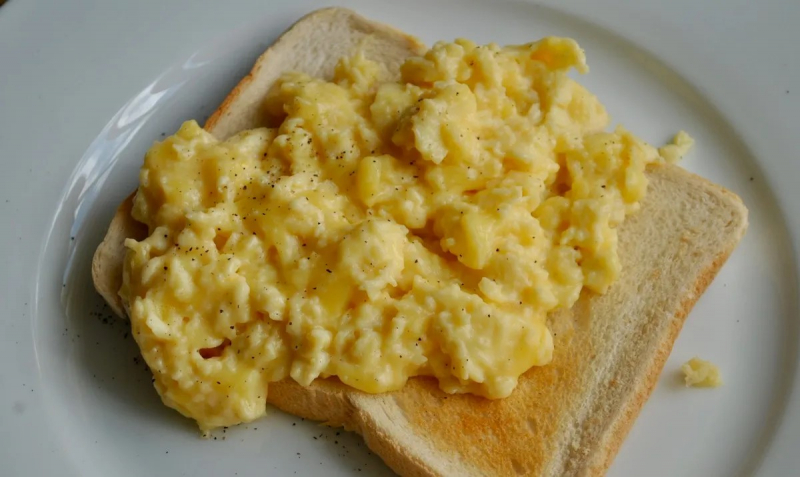
Eggs -
The neural tube formation (which ultimately becomes the brain and spinal cord) requires the vitamin folate, which is abundant in dark leafy green vegetables.
Additionally, leafy greens contain iron, magnesium, fiber, vitamin C, vitamin K, folate, and vitamin K, all of which are essential for a healthy pregnancy. High quantities of fiber, iron, magnesium, potassium, and calcium are also present. These leafy vegetables, which include broccoli, bok choy, mustard greens, kale, and spinach, are full of nutrients that expectant women and their unborn babies need. The B vitamin folate, which helps to prevent some types of birth defects and promotes heart health, is also abundant in dark green vegetables. Combine kale with olive oil, nuts, or avocados for improved vitamin absorption. Leafy greens are beneficial for both mother and child since their high fiber content helps to maintain regular bowel movements.
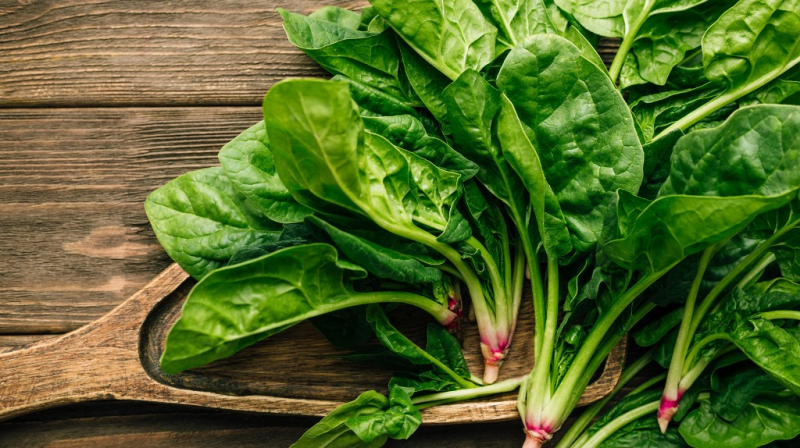
Dark leafy greens 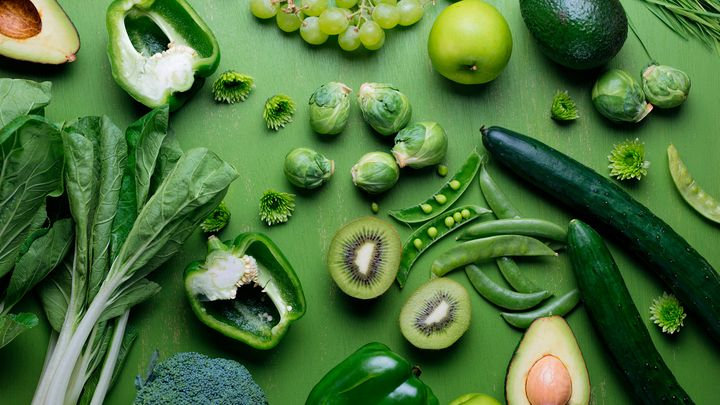
Dark leafy greens -
Cottage cheese is typically safe to consume while pregnant, in fact, it is a great source of nutrients for a healthy pregnancy. Women who are pregnant can meet their daily nutritional requirements by consuming cottage cheese in the recommended amounts.
Protein, dietary calcium, vitamin B-12, and phosphorus are all vital nutrients for expectant mothers, and cottage cheese is a great source of all. 28 grams of dietary protein, or roughly 40% of the RDA for protein for pregnant women, may be found in one cup of low-fat cottage cheese. There is a ton of calcium, protein, and iodine in cottage cheese. Eat cottage cheese either savory or sweet. You may combine 3/4 cup with basil, cherry tomatoes, and extra virgin olive oil. For a delicious treat, combine it with fruit and honey. If you don't like the way cottage cheese tastes, you may still benefit from its healthful properties by replacing it with yogurt in a smoothie.
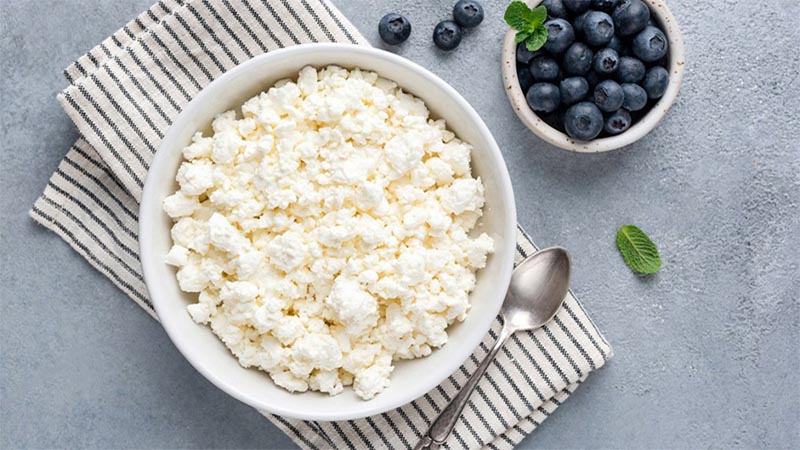
Cottage Cheese 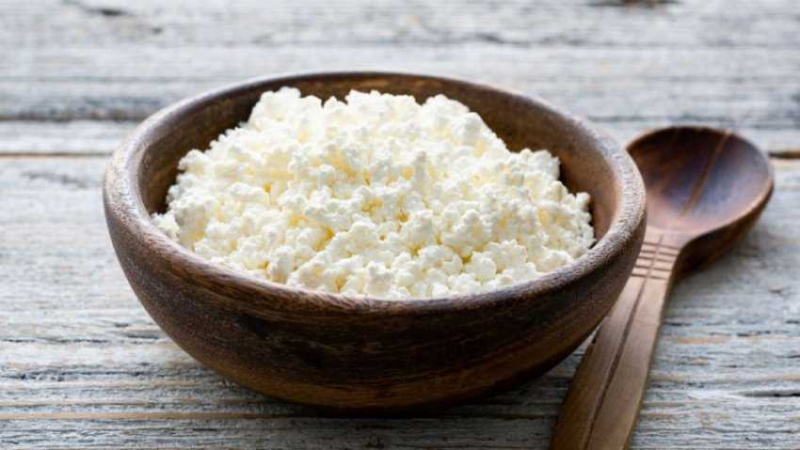
Cottage Cheese -
Greek yogurt is a smart choice for pregnant women. Since it is strained, the protein is concentrated and the majority of the lactose (the carbohydrate found in dairy) is eliminated. Greek yogurt is suitable for pregnant women with gestational diabetes since it does not cause blood sugar to increase.
When pregnant, you require 1,200 mg of calcium each day. The 230 mg of calcium in six ounces of plain Greek yogurt provides 19% of the recommended daily calcium intake. The protein content in Greek yogurt is typically double that of normal yogurt. Probiotics, B vitamins, and phosphate are also abundant in them. Yogurt has a lot of vitamin D and bacteria that are healthy for the digestive system. It is advisable to choose full-fat dairy products to aid with vitamin absorption.
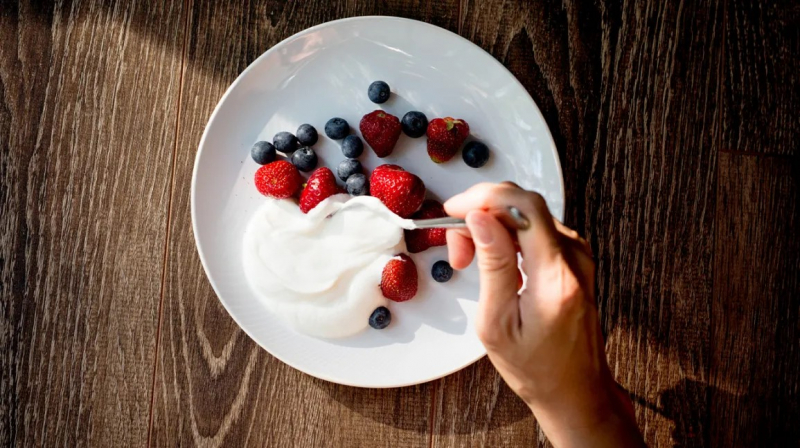
Greek yogurt 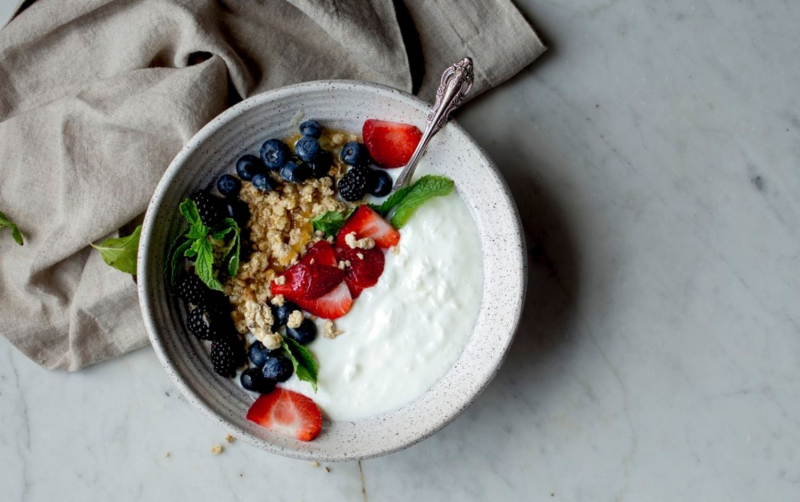
Greek yogurt -
When pregnant, you need 27 mg of iron per day, which is 1.5 times the RDA for women who are not pregnant. Meat is a good source of iron. Iron found in meat, also known as iron in the heme form, is more effectively absorbed than iron found in plants, which is non-heme iron. Therefore, add lean ground beef, turkey, chicken, and lean pork to your shopping cart and eat once or twice a week.
Enjoy grilled meat with veggies and nutritious grains, or schedule a weekly taco Tuesday. Using the bones to make a mineral-rich broth with calcium, potassium, and magnesium, all crucial for fetus bone development will also help you to optimize the nutrients in meat. Glycine, an amino acid required to support growing/stretching skin for mom and baby, may be found in meat and bone broth.
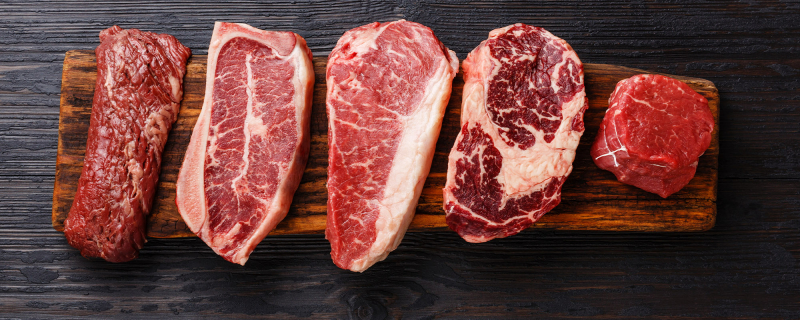
Meat 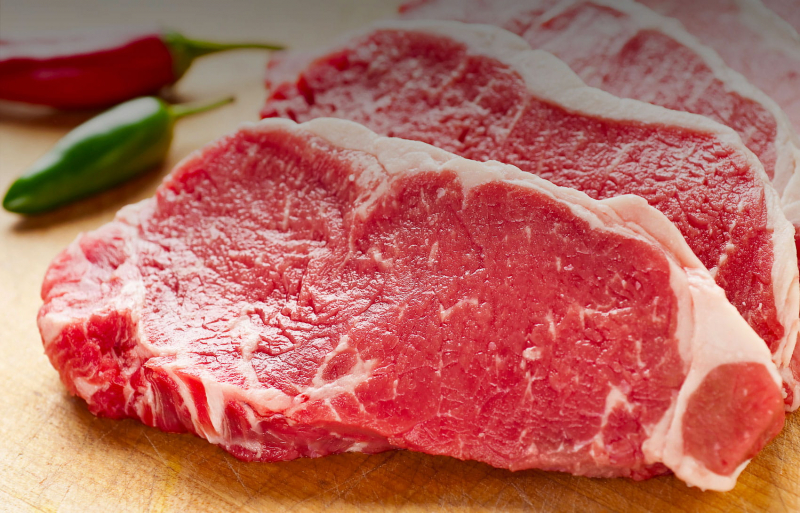
Meat -
Five grams of fiber, five grams of protein, and 18% of the recommended daily intake of magnesium, a crucial mineral during pregnancy that helps in the regulation of the body's more than 300 enzyme systems, are all included in one ounce of pumpkin seeds.
Magnesium is essential for maintaining healthy blood sugar levels, protein synthesis, and muscle and nerve function. Aside from pumpkin seeds, foods high in magnesium include almonds, cashews, peanuts, chia seeds, and avocados. Try a homemade version of chia seed pudding or a healthy snack bar if plain nuts and seeds seem a bit boring. Chia pudding is made by combining chia seeds with your preferred milk, fruit, or sugar. It's a high-fiber, protein-rich food that also contains magnesium and omega-3 fatty acids.
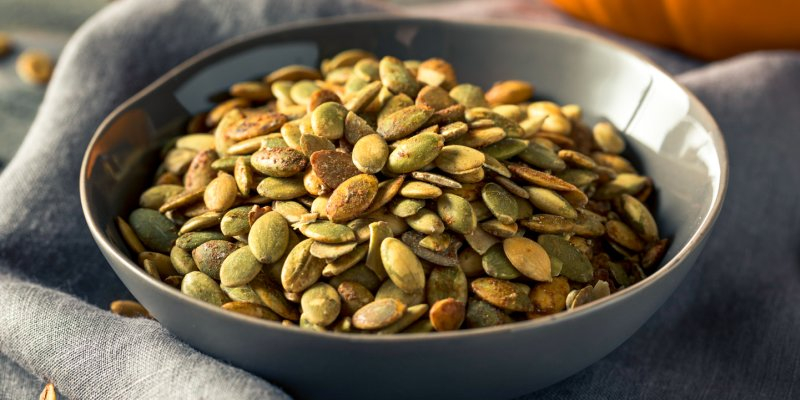
Pumpkin Seeds 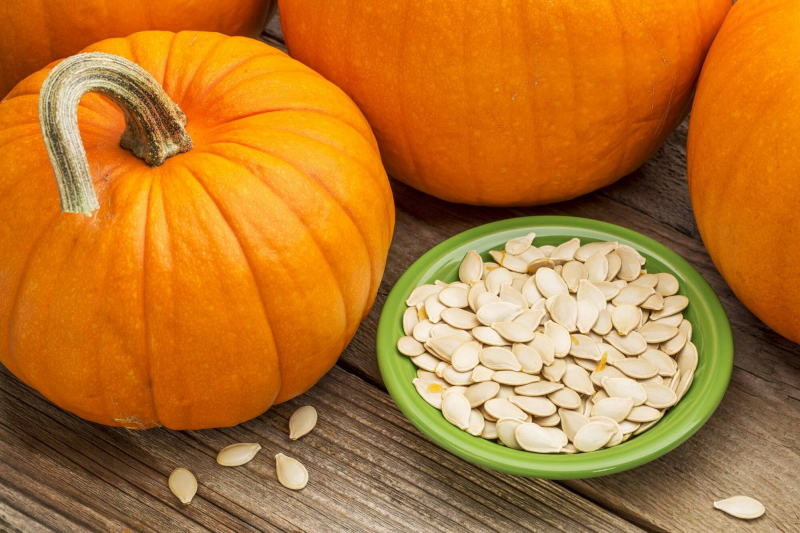
Pumpkin Seeds -
During pregnancy, the mom's and the baby's growth depend on protein. But if you don't eat meat or don't have the energy to cook it, it may be difficult to acquire enough. Not to mention, some pregnant women find it difficult to tolerate the smell of meat.
Consider lentils, soybeans, black beans, kidney beans, and chickpeas. Beans are a great source of protein, fiber, iron, folate, and zinc, all of which are essential minerals for pregnant women. They are also simple to prepare. Buy canned beans, give them a quick washing in a colander, and then add them to a bean salad, chili, or tacos. Beans can absorb more iron when eaten alongside foods high in vitamin C, such as peppers and leafy greens.
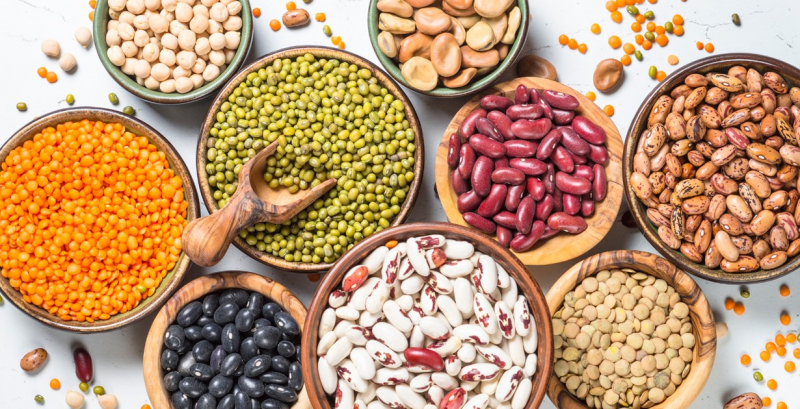
Beans and Legumes 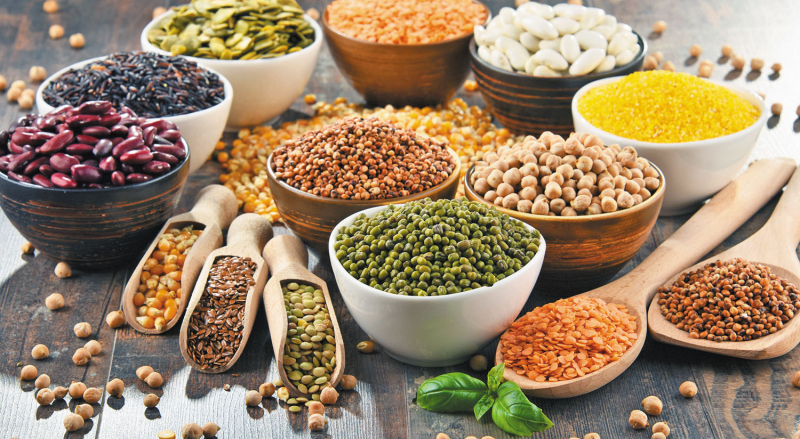
Beans and Legumes -
While you are pregnant, grains are a great source of the B vitamins and other minerals that your developing baby requires for almost every part of their body. To receive the most vitamins, minerals, and fiber, choose whole grains rather than refined or enriched grains.
Iron, selenium, and magnesium are some of the minerals that are rich in grains, which include whole wheat, oats, barley, corn, and rice. They are also particularly good sources of the B vitamins (including B1, B2, folate, and niacin), which your developing baby requires for virtually every part of their body. Grains help the placenta grow as well as provide energy for the growth of your unborn child. Make careful to pick whole grains like brown rice and whole-wheat bread.
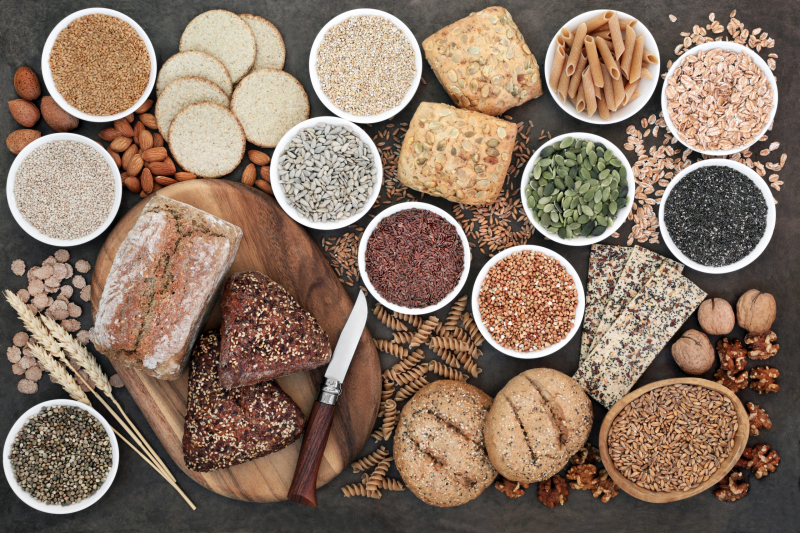
Whole Grains 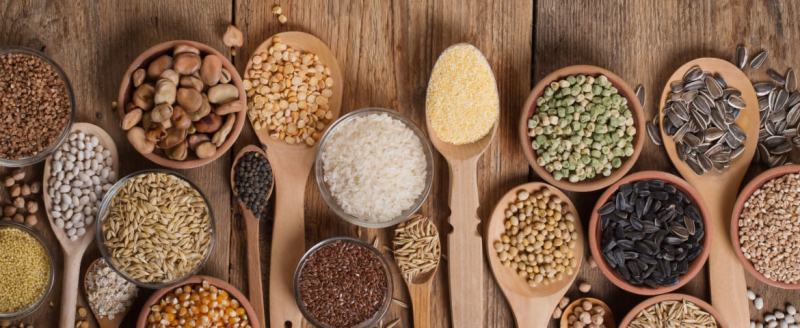
Whole Grains












